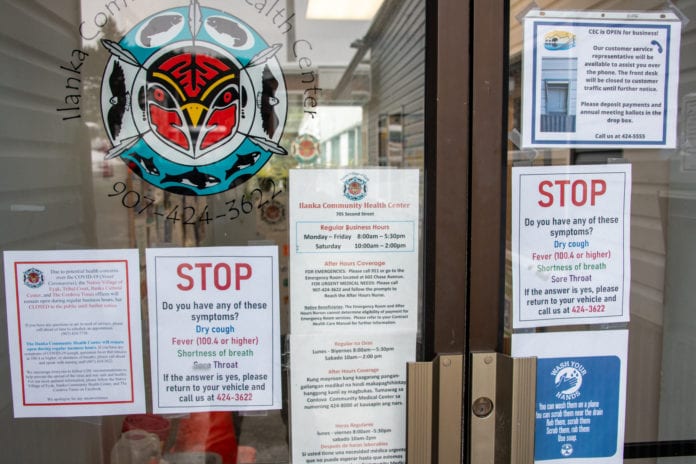
By Priya Helweg
My name is Priya Helweg, and I am the U.S. Department of Health and Human Services Deputy Regional Director for Alaska, Idaho, Oregon, Washington, and the 272 Federally Recognized Tribes in Region 10.
The new year is a time of hope and renewal, but it can also bring financial challenges to those facing up-front health costs. When President Joe Biden signed the Inflation Reduction Act (IRA) in 2022, he made a commitment to lowering health costs for Americans and increasing savings each year. At HHS we see how this commitment improves the lives and health of our beneficiaries. This landmark law has already made recommended vaccines free to people with Medicare, capped monthly costs for covered insulin products at $35, and empowered Medicare to begin negotiating the prices of 10 vital medicines.
These drugs, which include cardiovascular medications Eliquis, Entresto, and Xarelto, and the diabetes medications Jardiance, Januvia, Farxiga, are taken by millions of seniors and people with disabilities on Medicare. One community member working at a local pharmacy in Washington state told us about a senior on insulin whose copayment decreased from $440 to $35 because of the insulin benefit in the IRA. Thanks to this new law, people nationwide are saving on drug costs and have more money in their pockets for other essential needs.
This January, there are two new benefits that may provide more breathing room to Alaska residents grappling with high drug costs. First, Medicare is expanding its Extra Help program for Part D, which means millions more people with low incomes may be eligible for a $0 premium, a $0 deductible, and drug copays as low as $4. An estimated 3 million seniors and people with disabilities could benefit from the Extra Help program now but have not taken the first step to enroll.
Help us get the word out to everyone who can benefit. Tell your family, friends, and people in your community to update their information at Medicare.gov and check their benefits. Some people who already receive help paying for their Medicare costs are automatically enrolled in Extra Help, but that’s not true for everyone. Go to Medicare.gov/extrahelp or call 1-800-Medicare for more information.
Also, beginning in January, for the first time ever, patients with high costs will no longer be required to pay out of pocket costs once they reach a certain level of spending known as the catastrophic phase of Medicare Part D. For some who take costly drugs for chronic conditions like cancer or multiple sclerosis, this policy will mean thousands of dollars in savings.
As we look for more peace of mind in the new year, we hope this cost relief will help.
Priya Helweg is the Deputy Regional Director and Executive Officer for the Office of the Regional Director (ORD), Office of Intergovernmental and External Affairs, Department of Health and Human Services, Region 10.














